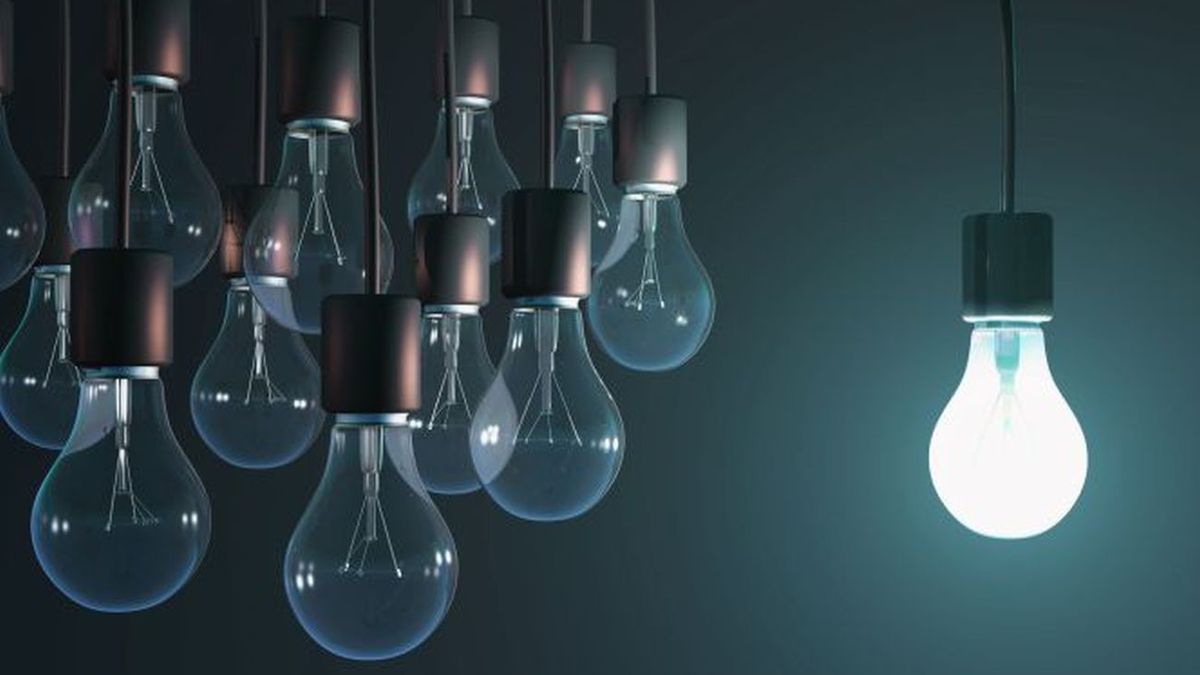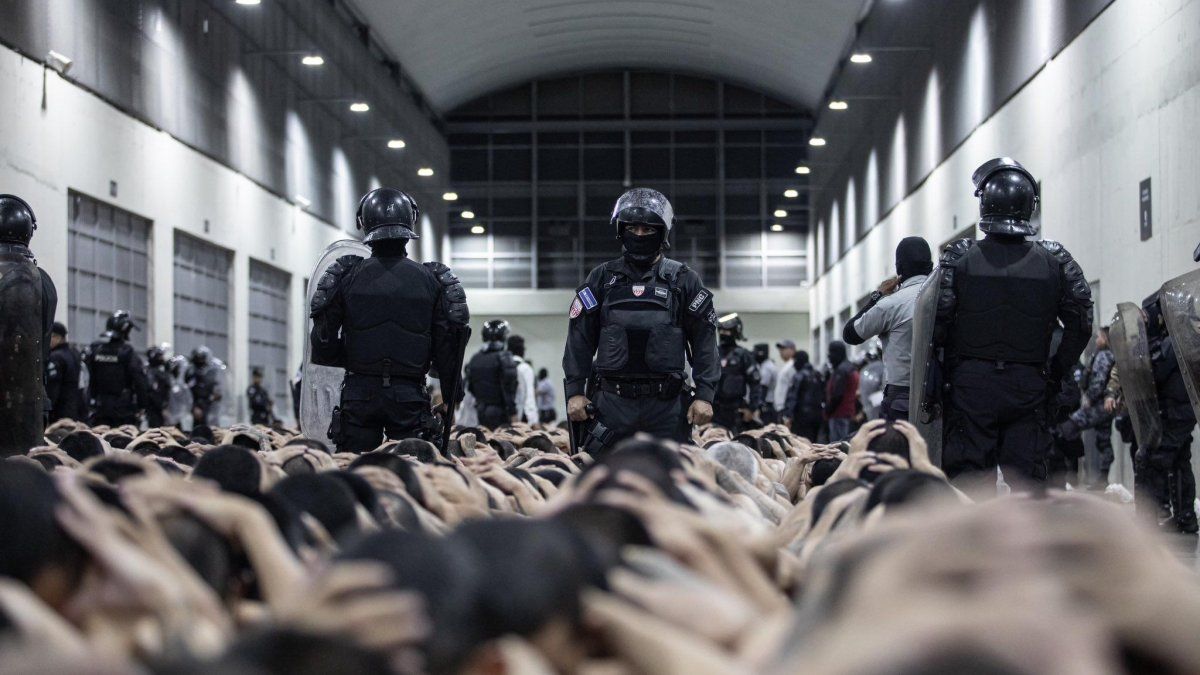The global energy scenario is in a complex situation. Climate change, the Russia-Ukraine war, and the inexorable depletion of fossil fuels, added to the need to shift towards cleaner energy, is leading to a rethinking of the use of energy in all areas and areas of life. . Thus, the search for energy efficiency is inevitable.
Home automation has become a valuable alternative that results in the well-being and safety of users and consumers in the area of their homes and places of work and daily transit. We are talking about the set of technologies that allow the automation of systems in a house or building. This includes everything from security to lighting, including air conditioning and sustainable management of the energy consumed.
Home automation systems allow homeowners to control energy consumption in their home or building, which can significantly reduce energy costs. For example, smart thermostats can learn usage patterns and adjust home temperatures automatically, reducing unnecessary energy consumption.
Of course, sometimes it requires a significant investment of money, but if it is done from the construction, the amortization in energy savings, which will be more and more expensive, is highly profitable. And what is substantial in this matter is that the national industry is capable of facing this challenge. In this regard, José Tamborenea, president of CADIEEL, co-organizer of BIEL Light + Building Buenos Aires, indicated: “The Argentine industry in recent years has made significant investments, achieving technological advances, which is very remarkable considering that quality products have an impact on energy efficiency and also on consumption”.
In addition to energy efficiency, home automation can also improve the security of a home or building. Smart security systems, such as network-connected surveillance cameras and alarms, allow property owners to keep an eye on their properties at all times. These systems can also alert homeowners if there is a problem, such as an intruder or a water leak, which can help prevent costly damage.
A home automation security system combines sensors, connectivity and artificial intelligence to prevent damage or gas leaks, which are very dangerous due to both the risk of inhalation and explosion. In effect, using gas or water leak detection sensors, the cut off of the supply is automated, alerting users through notification.
Both the awareness on the part of the citizens, as well as the increase in the prices of electricity and gas, and the need to improve the quality of life, are driving this type of preference to gain space in the market every day.
At the level of public infrastructure, it is also a considerable trend, since cities concentrate up to 65% of world energy consumption, a fact that makes it necessary to improve energy efficiency to meet the emissions targets set globally.
“With the advancement of technology and developments in electronics, more and more cities are adapting and incorporating intelligent systems with sensors that are programmed to respond to different stimuli, both from citizens and weather conditions, among others. “Smart cities” stand out for being modern, but also for being able to reduce energy consumption, take care of the environment and ensure that the people who live in them can have a higher quality of life,” said the president of CADIEEL, co-organizer of BIEL Light + Building Buenos Aires.
For this reason, the energy rehabilitation of public buildings, both commercial and administrative, is critical to achieving climate neutrality, since these large constructions account for up to 25% of greenhouse gas emissions.
A recent piece of news indicates that Martín García Island, a Buenos Aires enclave in the middle of the Río de La Plata, constituted a true milestone for its future: for the first time it will have electricity 24 hours a day, which will allow it to offer better tourist services to its visitors and a better quality of life for its inhabitants. This is an energy efficiency program that includes a solar park with a hybrid generation system and that will make it possible to make a leap in the quality of electrical service.
Source: Ambito




